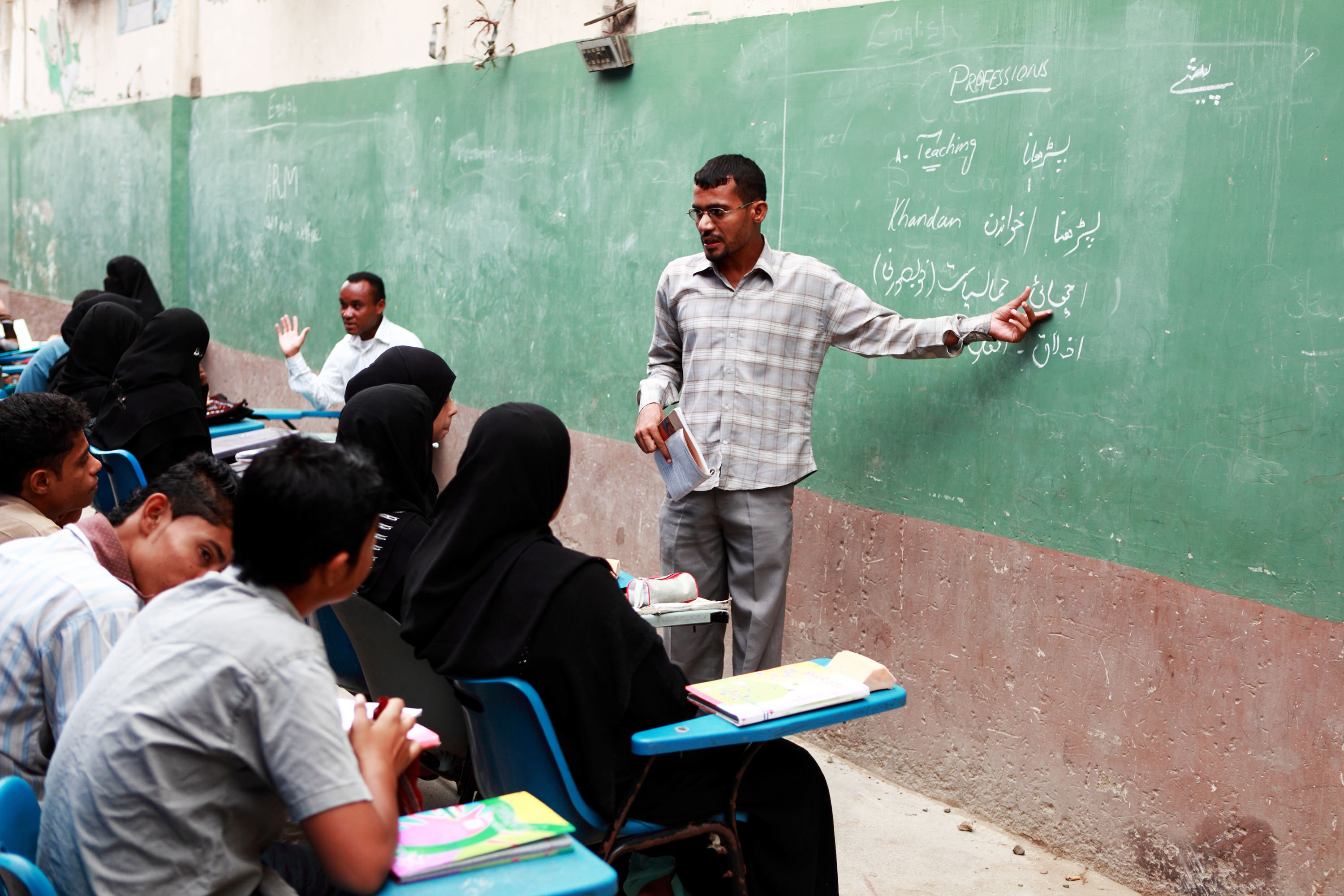The project seeks to understand the issues facing skills development in low-income countries (LICs) by identifying failures in both skills provision and labour markets then designing and evaluating interventions that can address these shortcomings and raise the socio-economic returns to acquiring skills.
The project builds upon the Punjab Economic Opportunities Programme (PEOP, a DfID funded programme being implemented in Punjab, Pakistan, that gathers comprehensive household, employer, trainer and market-level data in order to establish the current level of skill acquisition and take stock of skill mismatches and obstacles faced by individuals in acquiring skills, trainers and employers in providing skills, and employers in effectively utilising these skills. To our knowledge, this will provide the most comprehensive database related to skills in any LIC, and will rival what could be constructed from existing data in the most advanced industrial economies.
The data will serve as the basis of designing interventions that help overcome these barriers and generate higher socio-economic returns and provide the baseline against which to evaluate these interventions. The evaluations will be carried out through randomised controlled trials to ensure rigorous and empirically sound results. Beyond the basic training interventions that are PEOP’s focus, we plan to evaluate additional interventions suggested by the baseline data exercise that seek to enhance skill acquisition and deployment.
Specifically, we hope to identify skill shortages and mismatches and evaluate the impact of skills provision on labour market outcomes as well as examine how these outcomes vary by trainee age, gender and urban versus rural location. We also intend to examine how skill training supply can be made to respond better to market demand, and to learn about which approaches best encourage skill formation and deployment in both employment and self-employment opportunities.
